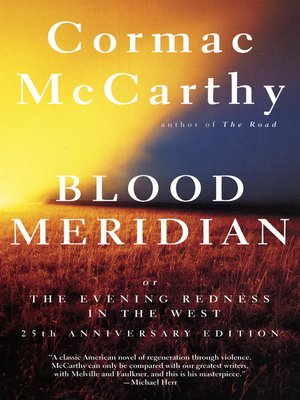
Mr Bass does a good job of explaining Nixon’s wilful support of Pakistan. Though the telegram did not change American policy, it rates as an historic document. It was an extreme and idealistic step for a diplomat, whose career was soon cut short. Then, 20 of them sent a dissenting telegram (the “Blood telegram” of the book’s title) condemning America’s policy. Early on he stated that a “selective genocide” was under way.īlood and his colleagues protested that America should not support Pakistan’s rulers. The centrepiece of Mr Bass’s gripping and well-researched book is the story of how America’s most senior diplomat in East Pakistan, Archer Blood, the consul-general in Dhaka, sent regular, detailed and accurate reports of the bloodshed. Nixon and Mr Kissinger stood with Pakistan, even as they knew of the extent of the slaughter.

He did so accepting a risk of Soviet retaliation, even that nuclear bombs might be “lobbed” around in response. Most extreme, he secretly asked China to send troops to India’s borders. He deployed an American naval task force to the Bay of Bengal to intimidate India, which had begun helping rebels in East Pakistan. He asks why Nixon continued actively to support the Pakistani leaders who were behind it.Īt the behest of Mr Kissinger, Nixon sent military planes and other materiel to Pakistan, even though he knew this broke American law. He argues that the killings amounted to a genocide: Hindus, as a distinct minority, were chosen for annihilation and expulsion. In “The Blood Telegram” Gary Bass, a Princeton academic (who once wrote for The Economist), sets out to assess America’s handling of the war. Nixon, urged by his national security adviser, Henry Kissinger, refused. She wanted international action, demanding that America tell Pakistan’s leaders to stop the killing. She called the floods of refugees a humanitarian disaster that threatened regional stability. India’s leader, Indira Gandhi, claimed otherwise. Seen from America, where Richard Nixon was president, the war was a domestic Pakistani affair. At least 300,000 people were killed some say the death toll was over 1m. Eventually some 10m became refugees, mostly Hindus. Soldiers massacred civilians, burned villages and sent millions fleeing to India.
#Blood meridian plus#
West Pakistani soldiers stationed in the east, plus a few local supporters, began targeting students, writers, politicians especially the Hindu minority. They arrested him and the army began repressing eastern protesters.īengalis flocked to join the rebel forces who were fighting for independence. But the army chiefs and politicians in Islamabad would not countenance his taking office. His Awami League wanted greater rights for Bengalis.

To the shock of West Pakistanis, an easterner, Sheikh Mujibur Rahman, won a sweeping victory, and was poised to lead the country. It began in late 1970, after Pakistan’s first national elections.

The split into Pakistan and Bangladesh was perhaps inevitable.


 0 kommentar(er)
0 kommentar(er)
